Hobart’s new Theatre Royal CEO takes centre stage
New Theatre Royal chief executive Simon Wellington is delighted to be at the helm of one of Hobart oldest institutions but he’s also keen to showcase the plethora of local talent as well as grow the next generation of Tasmanian audiences
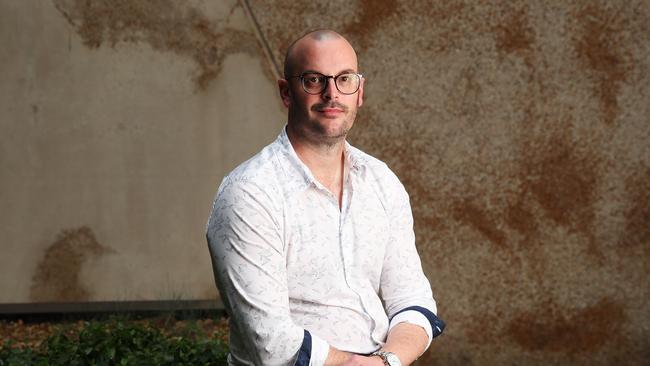
TasWeekend
Don't miss out on the headlines from TasWeekend. Followed categories will be added to My News.
The chance to come home and work at the Theatre Royal fulfilled a dream for Simon Wellington.
He’s closer to family and drawing on the many elements of a career spanning three continents.
“I get to rethink the relationship our theatre has with our community and audiences, the role we play in shaping Tasmanians’ cultural lives, and how we reflect contemporary life here and now,” he says.
“That’s a bit scary, but incredibly exciting. When people come to our city, I want them to ask, ‘What’s on at the Theatre Royal?’ and always find something that will entertain, inspire or challenge them.”
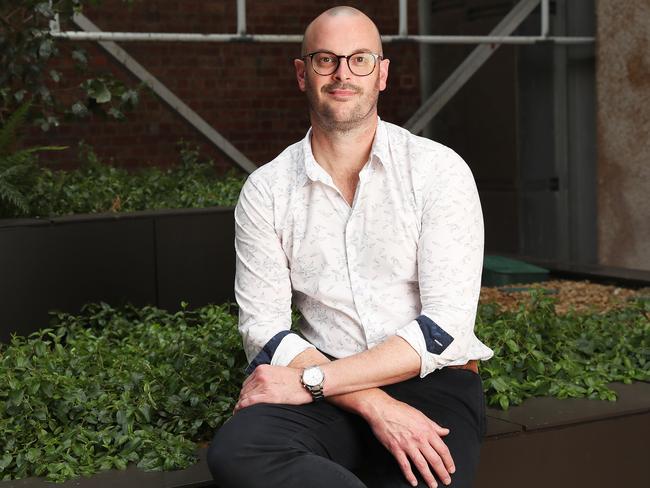
The new chief executive of Australia’s oldest continually running theatre has no regrets he chose theatre over the law.
“When I walk from our offices, through backstage and onto the main stage, looking out into that spectacular auditorium of red velvet and gold, I still get goosebumps.”
He became interested in theatre at school.
“I had fantastic, inspiring drama teachers, like Christopher Thomas at Rosny [College], and it seems natural to me now that this was the industry I would come to work in. After a few years working in a bank and while waiting to return to one of those false starts at uni, I took an administration job at Salamanca Theatre Company. Needless to say, I never became a lawyer. I found my tribe and spent the next few years learning the ropes running theatre companies, venue programming and producing.”
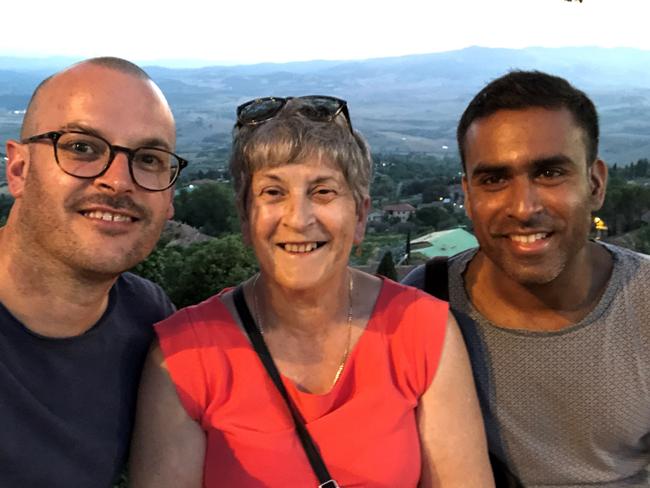
As a child visiting the Theatre Royal was “a rare but special experience” and as a teenager the Backspace Theatre was “a stimulating environment that immersed audiences in the action.
“I managed to immerse my wrist in plaster after falling off the stage during one early theatrical attempt.
“As a teenager, I had a desperate need to escape the island. I felt so disconnected from the action – opportunities, ideas, culture.
“After a few sporadic stints on the mainland, I first really ‘left’ Tassie in 2000 for an arts management residency in Indonesia and ended up staying 18 months.
“When I came home, I was offered the programming role at Ten Days on the Island. It was a huge professional learning curve, but the constant travel around the state, visiting and engaging with different communities was also a personal transformation.”
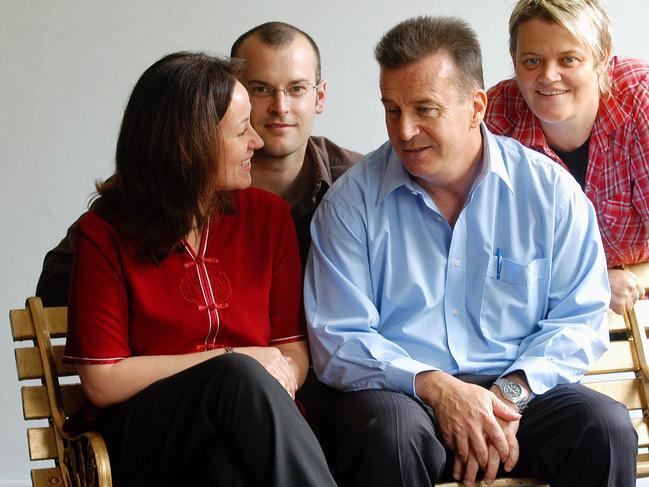
The big island again beckoned in 2003 when he took a job at Urban Theatre Projects in Sydney.
“I’ve been really lucky to work with some amazing artists and for wonderful organisations, including as general manager for both UTP and Griffin Theatre Company. “I’ve produced shows for festivals, managed venues and events.”
He met his partner, Sanjeev, an oncologist, in 2009 and they moved to the UK in 2015 so he could continue his work in cancer research.
Wellington then worked for the Arts Council England, managing funding programs and relationships with a range of arts and cultural organisations.
“The UK has quite a sophisticated approach to investing in culture, and the Arts Council does a great job at measuring and communicating the value of the arts to society – from the economic impact, health and wellbeing outcomes, the benefits of a creative education for children and young people, or fostering community pride, tolerance and an appreciation for diversity,” he says.
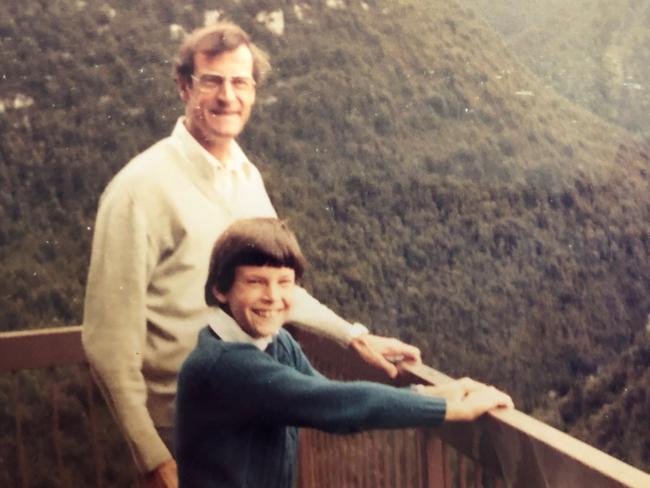
He returned to Sydney in 2019 and travelled frequently to Hobart to visit his terminally ill father, Bill,who died in March, 2020.
“The opportunity to work at the Theatre Royal came completely out of the blue but at the perfect time.,” he says.
“I had just finished several major projects and, as it has for most people, Covid challenged me to change and adapt, to focus on what’s important in life, and what I need to keep challenging and motivating myself.”
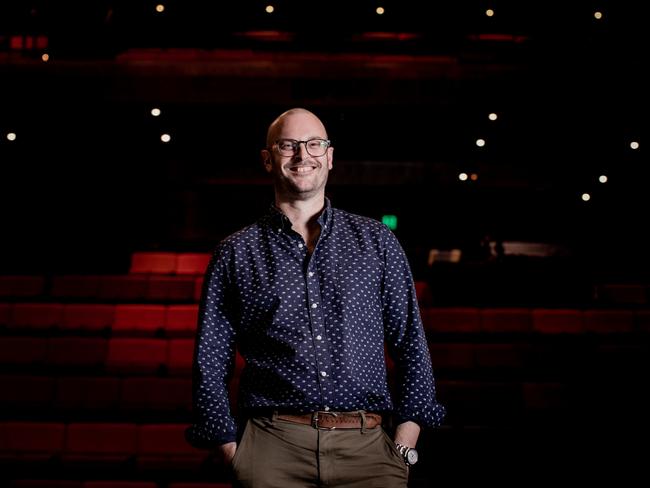
The Theatre Royal has its busiest year ever in 2022 and Wellington is clear about the future.
“The Theatre Royal will be a leading voice for culture and ideas in this city,” he says. “To remain relevant and in tune with the way people are creating and consuming culture, you can expect us to use our spaces in more interesting ways, program works that explore different art forms, give audiences experiences they have never had before.
“People don’t want to just come and sit in a seat and watch a nice play any more – they can still do that, but we need to offer a broader range of ways to engage them.
“I believe the Theatre Royal is a place where Tasmanian artists and arts workers can develop their skills and showcase their creativity, and we will work with them to develop the next generation of Tasmanian audiences.”
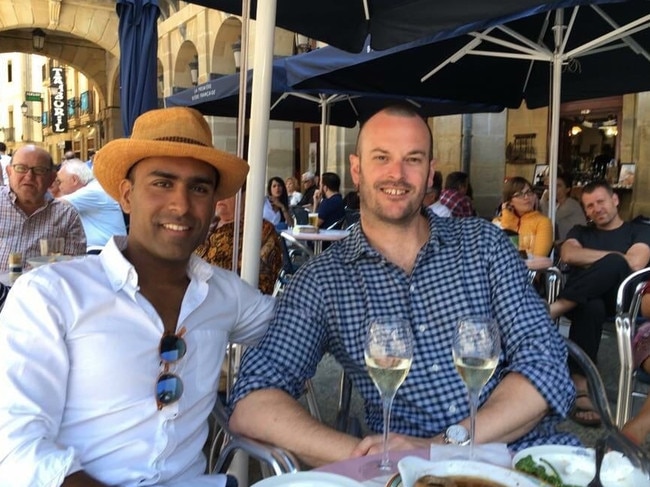
Wellington, 49, believes the state’s creative sector has matured and become more sophisticated during the time he spent away.
“When I moved to Sydney in 2003, I had just been program manager for Ten Days on the Island. That felt like a great achievement and that artists and arts organisations were working together in new ways. Since then, we’ve seen an explosion of new activity, institutions like Mona, and a range of really interesting festivals and events.
“Our artists and companies are being recognised nationally and internationally.
“This month, Terrapin is presenting a season at Sydney Opera House, while Nathan Maynard’s new play is opening at Belvoir St Theatre in Sydney.
“There are many, many more great artists here, with huge potential. I want to help unlock more of that potential.”
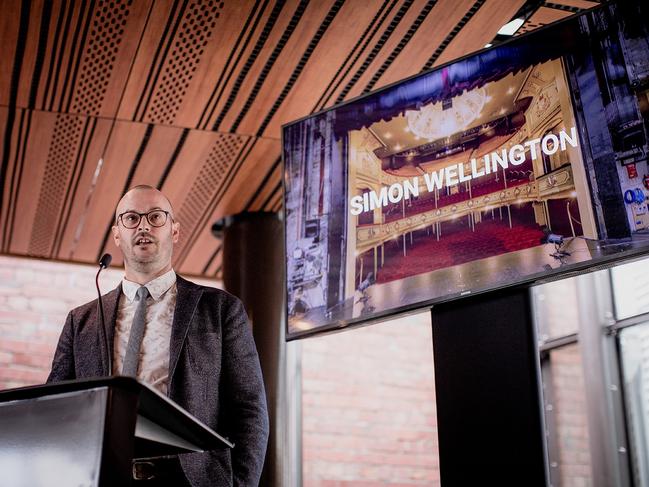
But he can’t do it alone.
“The more businesses, individuals and governments at all levels get behind artists and cultural organisations, the more vibrant our towns and cities will become, with better outcomes for our economy and our communities’ sense of identity, cohesion and wellbeing.
“I would particularly like to see a greater investment in the development of new creative projects, more opportunities for Tasmanian artists to collaborate, and to tour their work. I don’t think I’ve ever arrived at a new job and everyone is absolutely brilliant at what they do – I can’t describe how lucky I feel to work with a team of such talented and lovely people.”
Tasmania’s leading theatre director, Robert Jarman, is excited at Wellington’s appointment.
“He is a Tassie boy who has wide experience in the industry locally, nationally and internationally,” Jarman says. That experience is not just in ‘dry’ administration, he’s worked in some of the most exciting artistic environments going, like at Sydney’s Griffin Company, which is pretty much the home of Australian playwriting, and further afield with a diversity of art forms and artists in England. Combine all that experience with his obvious love of the arts and genuine interest in artists, and the fact that he is a nice guy, and it’s a perfect appointment for our beautiful theatre.” •



